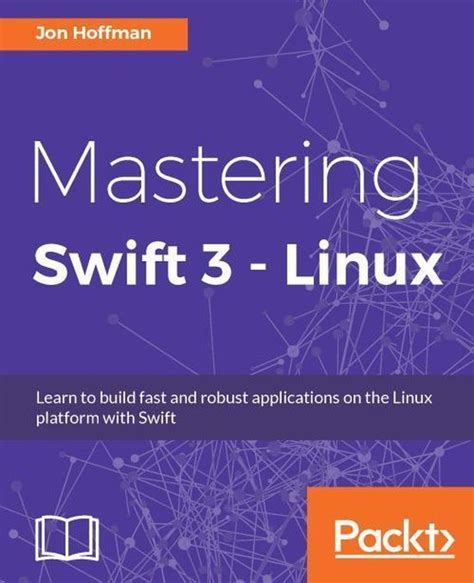The recent introduction of Swift’s static Linux SDK has stirred quite a discussion within the developer community. This development marks an essential milestone for Swift, traditionally associated with Apple’s ecosystem, as it advances into the broader realm of cross-platform development. It signals a significant shift, aiming to offer more robust solutions for Linux environments that could potentially make Swift a dominant language outside the Apple domain.
One of the primary issues raised revolves around dependency management. Developing with shared libraries often results in compatibility complications across different Linux distributions and even between different versions of the same distribution. Static linking, as championed by languages like Go and Rust, attempts to resolve this by shipping binaries with all their dependencies included. A poignant comment in the discussion noted that modern programming with languages like Rust might entail depending on over a hundred crates, making the recreation of entire dependency trees within traditional Linux package managers impractical. Static linking simplifies this conundrum but introduces its own set of problems, particularly in terms of security and update management.
The notion of ‘vendor all the dependencies’ resonates with many in the community as it transfers the duties of dependency management from the user to the package creators. This approach is praised for the stability it offers in development environments, as echoed by one commenter who highlighted the advantages of consistent binaries. On the flip side, the static linking strategy could potentially lead to increased workloads when vulnerabilities are discovered in linked dependencies. Unlike shared libraries, where a single patch fixes multiple dependent programs, static binaries require each dependent program to be rebuilt and redistributed, a significantly more laborious process.
Advocates for shared libraries argue that this traditional approach allows for greater scrutiny and vetting by distribution maintainers. This added layer of security is invaluable for many developers and sysadmins who prefer a hands-on approach to managing software dependencies. A commenter highlighted this by praising the transparency and choice that shared libraries provide, suggesting that static linking offers an easier path for those less inclined to delve into the intricacies of dependency management but may sideline security considerations.
Security is indeed a double-edged sword in the debate around static versus dynamic linking. There is an allure in static linking’s promise of simplified deployments and fewer runtime dependencies. Yet, as pointed out, ignoring the complexities of security does not absolve the responsibility. Modern solutions like Rust’s cargo and checks like ‘govulncheck’ for Go binaries offer a glimpse into how the community is addressing these security concerns through enhanced tooling. An intriguing idea was raised about including manifests within binaries to make vulnerability scanning more transparent and manageable, an approach partially adopted by Go.
Swift is firmly positioned to benefit from these discussions. With features like ABI stability, it seeks to minimize the compatibility issues traditionally associated with dynamic linking. This effort is evidenced by advancements in the Swift ecosystem, such as embedded mode for smaller binaries and full-fledged LSP support for popular editors like VSCode. Furthermore, the inclusion of native C++ interoperability and Swift’s growing applicability for server-side development with platforms like Vapor, underscores its versatility. As more developers explore Swift beyond Apple’s ecosystem, the utility of the new static Linux SDK could reshape their development approaches, balancing the scales between ease of deployment and robust security.


Leave a Reply